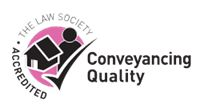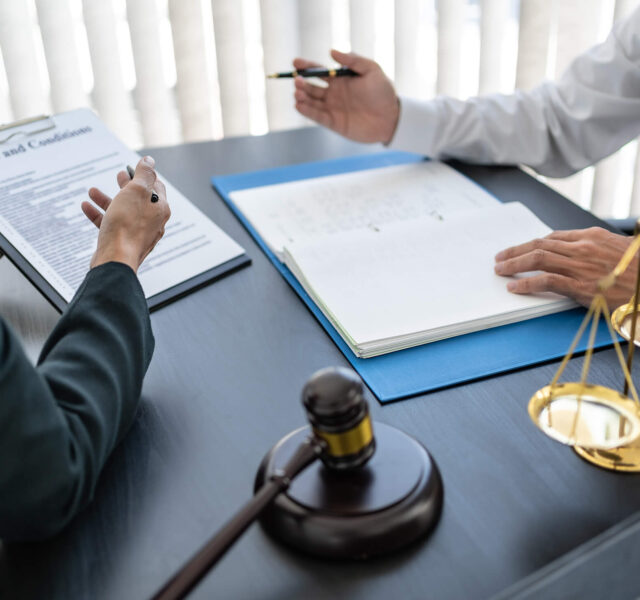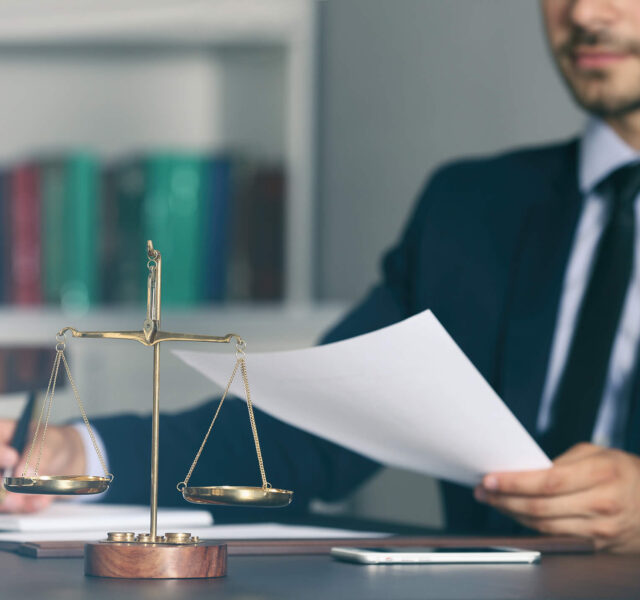Conveyancing
The decision to sell a property can be a life-changing one, and the process contains many stages that can be time-consuming. Our highly skilled conveyancing team understands that no two property transactions are the same and are on hand to help advise you on all conveyancing matters, whether that be handling documents, collecting monies or dealing with the Land Registry.
Conveyancing can be a time-consuming entity with a hefty amount of associated administrative work and research. Our qualified Leamington conveyancing solicitors help to make the process smoother.
Read on to learn more about the conveyancing services we provide.





